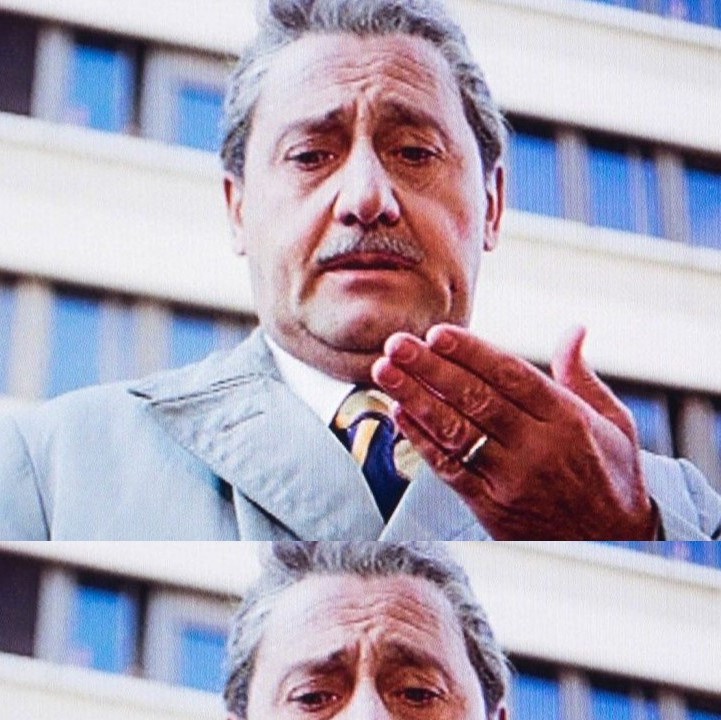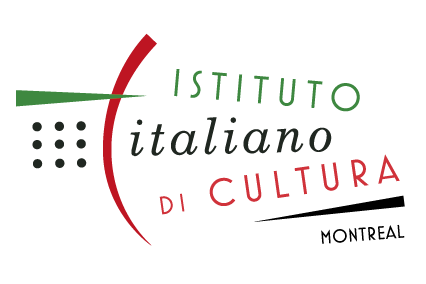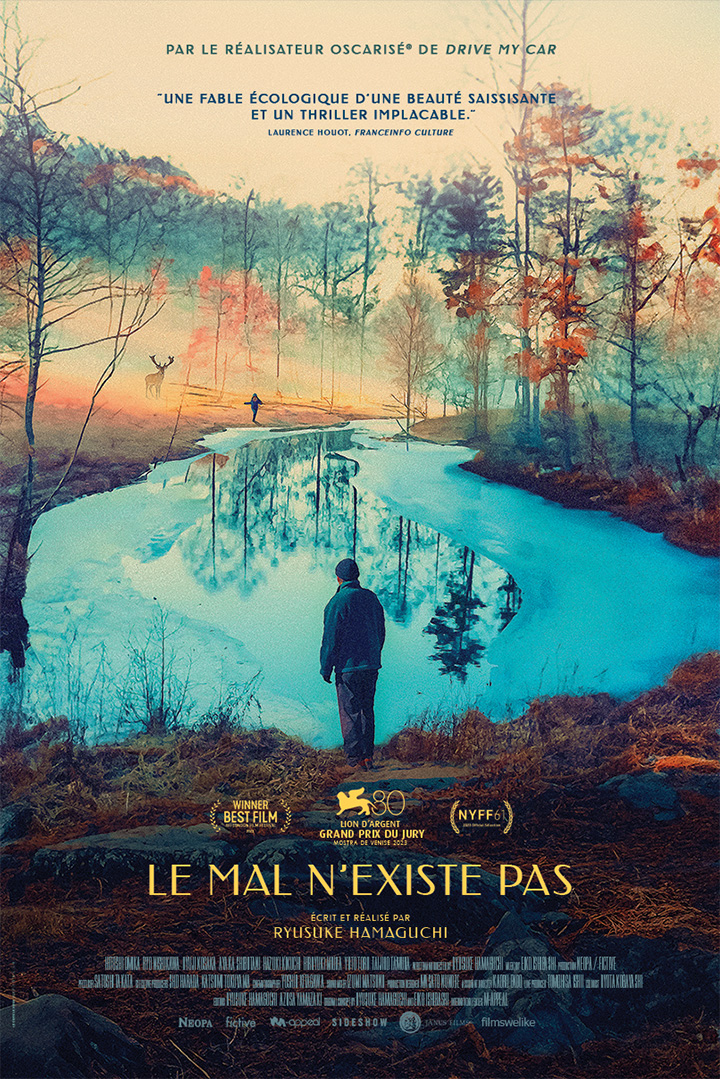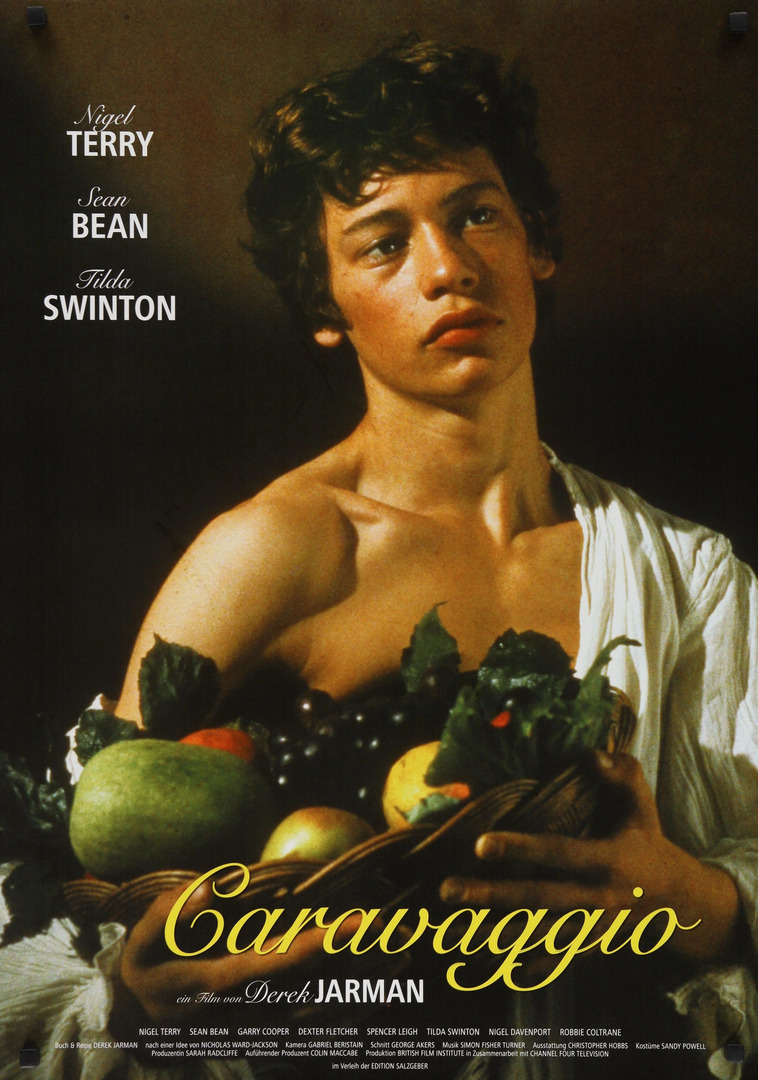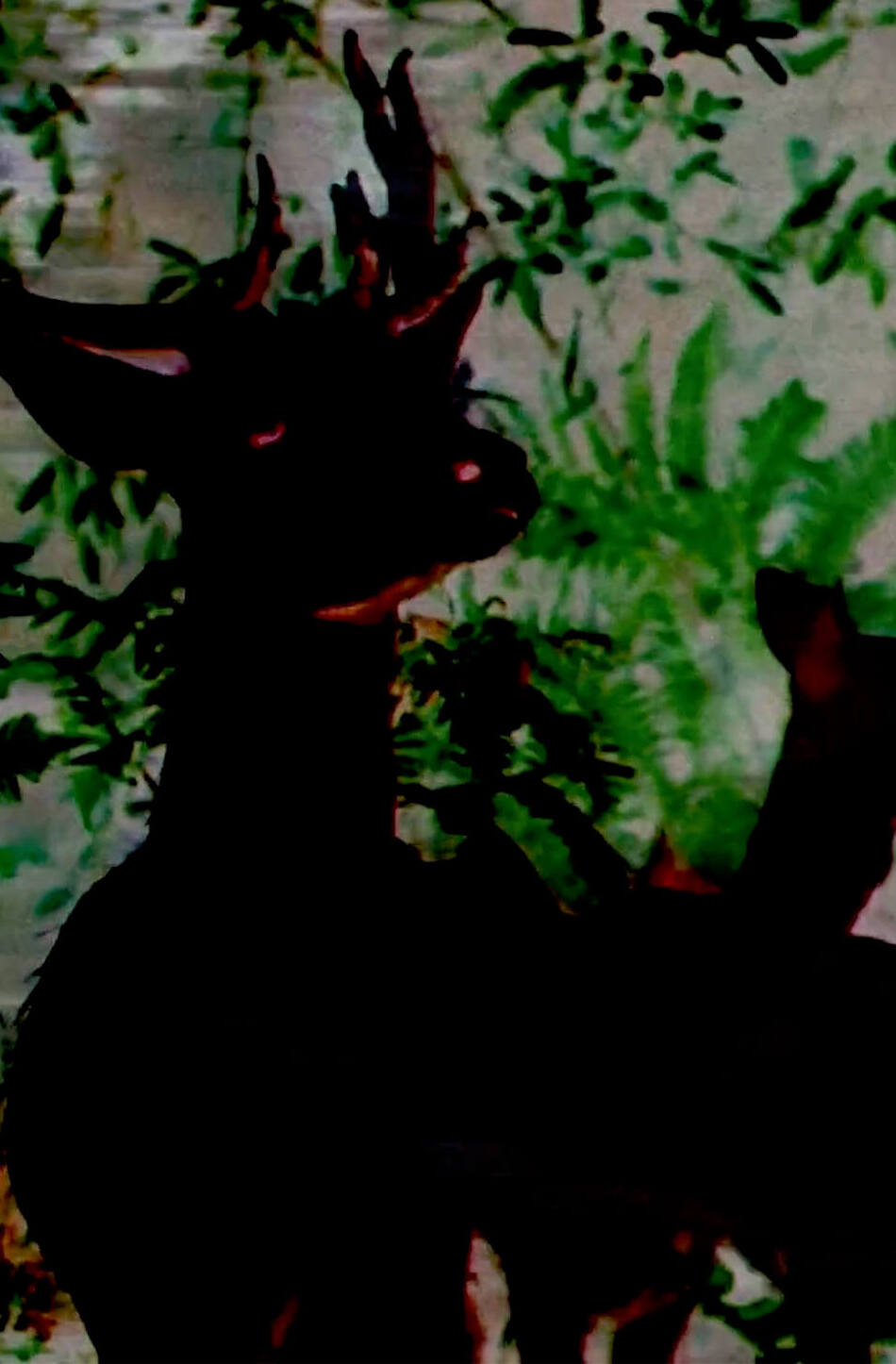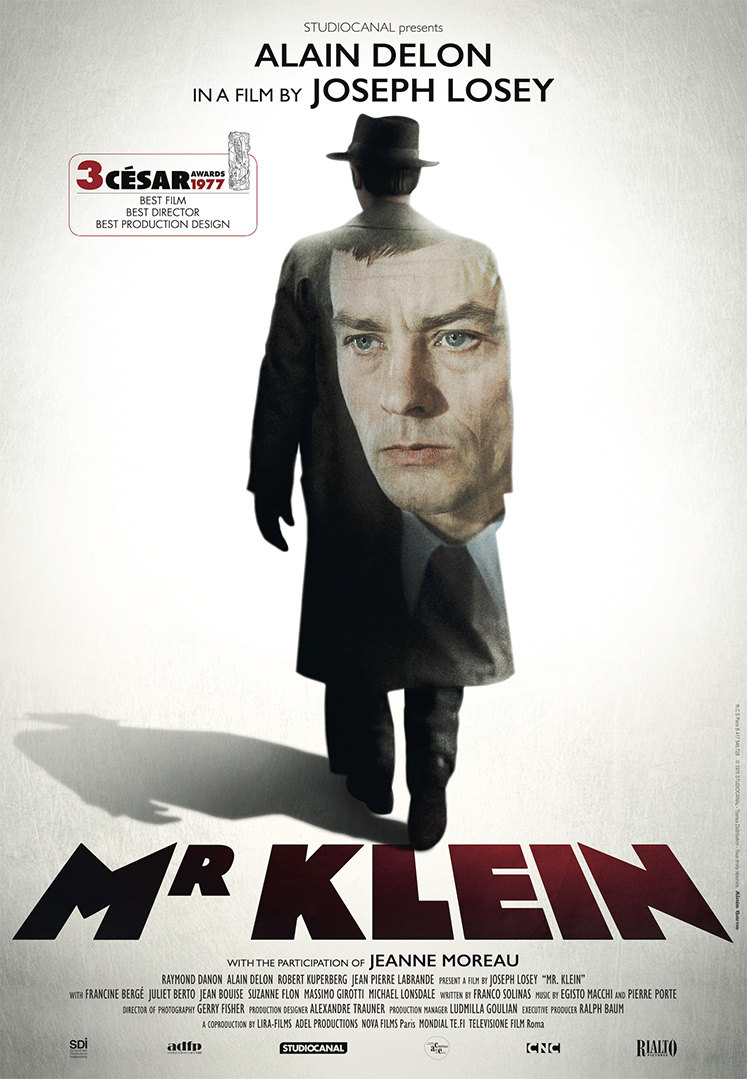A Dog's Life
A director as prolific as he was sophisticated, Mario Monicelli was the epitome of the famous "Italian comedy", which he embodied with remarkable style and freedom of tone. With a humor that was both biting and generous, he tackled the worries, paradoxes and shortcomings of ordinary Italians. He worked with the great names of Italian comedy (Totò, Alberto Sordi, Ugo Tognazzi) and launched the careers of immense actors (Vittorio Gassman, Marcello Mastroianni). This fourteen-film program takes us through a filmography spanning more than five decades: from the post-war films he co-directed with Steno to the last period of his career (the gritty Christmas film Parenti Serpenti), from masterpieces (Le pigeon, the inaugural masterpiece of the "Italian comedy") to true rarities (Proibito, his only drama).
Stephanie Creaghan's The Dailies is an ingenious series of very short works in which video art and cinema overlap. Nineteen titles from this series are featured in our December program as a dreamy and intimate tribute to the cinephile experience.
Stephanie Creaghan makes work about how violence inserts itself into communication, combining different pathways (like audio and video) to uncover these latent forms of manipulation to bring to light the undiscussed/repressed.
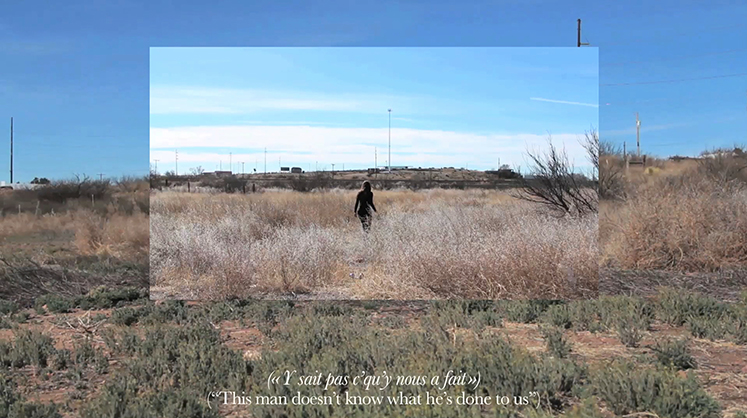
Three women join a second-rate Italian music-hall troupe. They're looking for success and happiness, but nothing's a foregone conclusion.
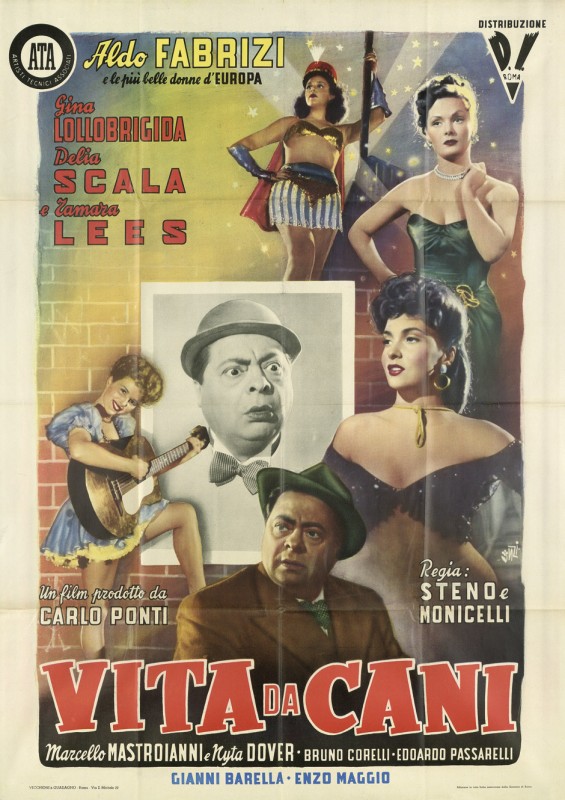
Mario Monicelli
Mario Alberto Ettore Monicelli (16 May 1915 – 29 November 2010) was an Italian film director and screenwriter and one of the masters of the Commedia all'Italiana (Comedy Italian style). He was nominated six times for an Oscar, and was awarded the Golden Lion for his career.

Explore
Sur notre blogue
Mario Monicelli, clowns tristes et tristes clowns
Monicelli a joué un rôle prépondérant dans l’avènement de la « comédie à l’italienne », ce genre populaire et sémillant dont le succès a dépassé les frontières de son pays. Il lui a donné un véritable style, tirant la farce vers la satire et mêlant avec subtilité l’héritage de la commedia dell’arte à un regard ironique et parfois sombre sur la société.

